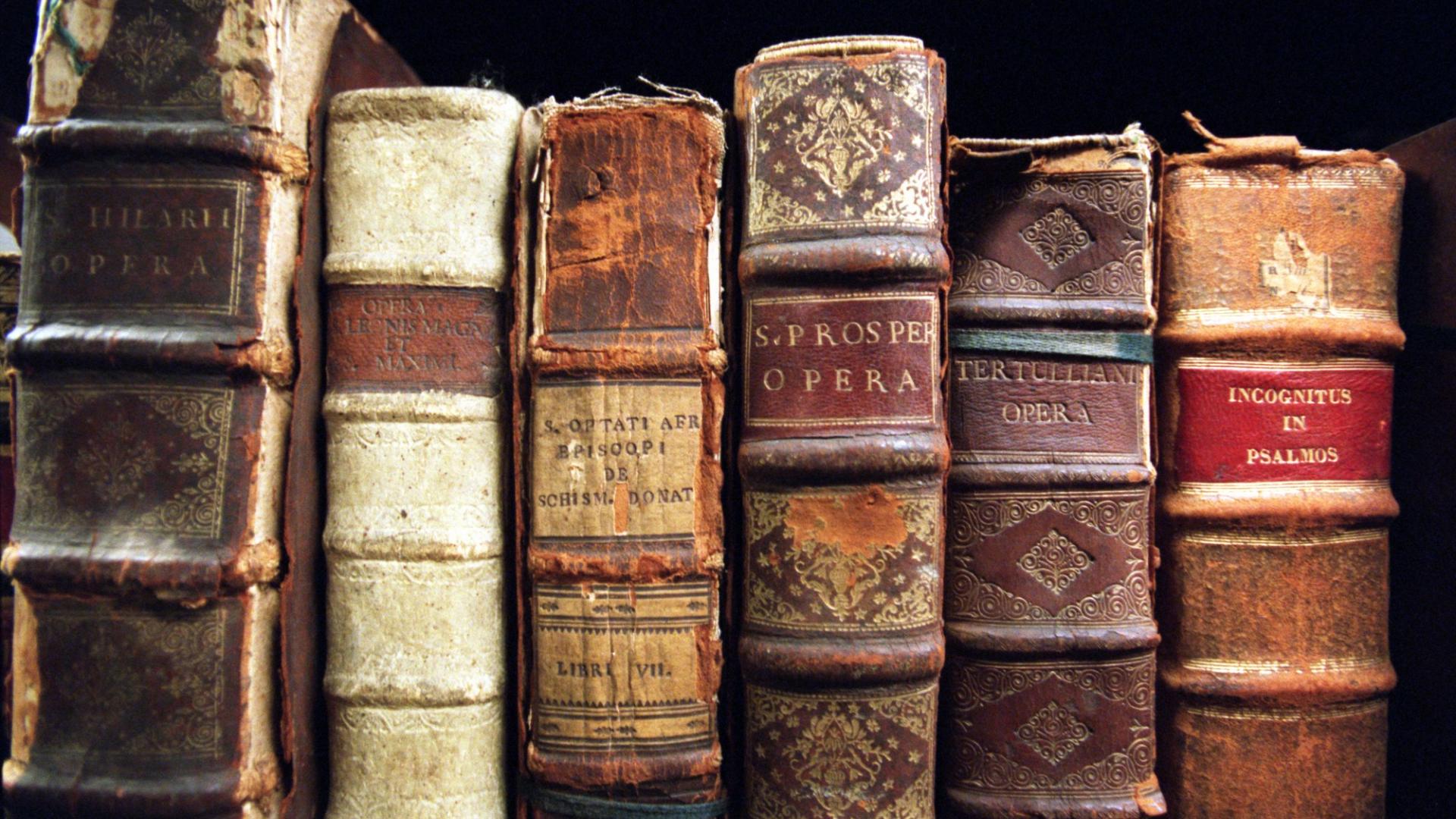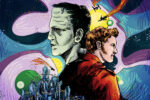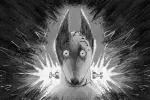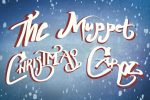When people discover I’m an English major, they almost always ask, “What kind of books do you like to read?” For a book-lover, there’s no harder question to answer. Nowadays, I usually respond, “Almost anything as long as it’s well written,” but if that’s not precise enough for my questioners, I fall back on my former standby of, “classic books.”
Although it’s an incomplete answer, it’s not false. I do enjoy classic books–defined here as books over one hundred years old that are widely recognized, if not widely read, and are generally accepted as important works of Western literature. Classics have a reputation for being dense and dull, which is partially deserved. Sentences often sprawl over half a page, dotted with bizarre words like “prognosticated” and “preternaturally.” And besides unfamiliar style, the unfamiliar cultural background of most classics raises a hurdle. It can be hard to understand characters’ motives and behavior when their society operated on different principles from yours.
I won’t try to argue that classics aren’t a challenge. They are. But a classic book is worthwhile partially because it’s so foreign. Reading one, with all its archaic vocabulary and syntax, forces your mind to work in unaccustomed ways. It stretches your mind, strengthens it and trains it to capture and digest information even when the information is presented in a difficult way. Also, reading a book steeped in another culture’s mindset gives you insight into that mindset. You may disagree with it, but understanding an idea before rejecting it is a prerequisite for identifying exactly why it’s wrong. Conversely, you may find that the seemingly outdated culture has identified something true that sheds light on your own life. Regardless of what you decide about their truthfulness, exposing yourself to older mindsets helps you see the shortcomings and blind spots of both the old culture and your own.
If you’re up for reading classics, you can probably name a dozen off the top of your head–standards like “Romeo and Juliet” or “Moby-Dick.” There are plenty of others, though, that you might not think of. Here are five little-read classics that I’ve tried and enjoyed.
1. “Antigone” (around 440 B.C.)
Proving that there’s nothing new under the sun, this Greek play features a strong female character way before strong female characters were cool. She’s the title character, and the play revolves around her decision to obey the decrees of the gods rather than those of the king, Creon.
The beauty of the play is how it handles Antigone’s and Creon’s arguments. Both sides are given strong cases–no straw men here. Creon believes rulers must be obeyed even if their commands go against the gods’ laws, and it’s hard to argue with his desire to uphold the state’s stability. His city is recovering from a civil war and doesn’t need anyone undermining his authority. For her part, Antigone insists that obeying the gods comes before obeying the king, and it’s hard to fault her sense of duty to the gods and to the brother for whose sake she defies Creon. At least on the surface, the play comes down in Antigone’s favor, but there’s plenty of room to argue about which side is actually right.
2. “The Divine Comedy” (1314-1320 A.D.)
This long Italian poem is probably the most challenging book on this list. Immensely complex in both form and content, it shows the influence of most earlier works of Western literature and greatly influenced later medieval and Renaissance poetry. Its subject, a journey through Hell, Purgatory and Heaven, sounds straightforward, but along the way it addresses almost every aspect of medieval thought: theology, contemporary Italian politics, political theory, astrology and the use of poetry, to name a few. It does all this in a highly regimented poetic form that the author invented specifically for this poem. A translation with footnotes to explain the political and literary references and the theological controversies is essential.

“The Divine Comedy” is worth the effort because catching a glimpse of all that’s going on is so rewarding. If you like multilayered, sometimes perplexing poetry full of innovative uses of language, it doesn’t get much better than this. It’s like the medieval Italian version of T. S. Eliot (who later heavily references Dante in his own writing).
And, while theological and philosophical debates may not sound gripping, the poem isn’t entirely concerned with them. The poem’s narrator encounters damned or saved souls all along his journey and makes a point of asking them about their lives. Their stories, and the narrator’s interactions with his guides, provide a welcome break from discussing abstract ideas.
3. “Henry V” (around 1600)
Shakespeare’s history plays are often overshadowed by his more famous tragedies, perhaps because the tragedies seem more accessible. Fortunately, you don’t have to know any history to appreciate “Henry V,” because everything you need to know is woven into the opening scenes. (Whether or not the information is biased in favor of England is, of course, another question.)
The main emphasis of the story isn’t on the background, anyway; it’s on the title character and his attempt to claim the French crown. If the play’s known for anything, it’s the majestic St. Crispin’s Day speech, where Henry rallies his outnumbered troops before the final battle. The speech is justly famous, but in this underrated play there’s an underrated speech that might be more impressive, if less stirring, than even the Crispin’s Day speech.
In a long soliloquy, Henry confesses that he doesn’t think being king is that great, anyway. Kings can never sleep easily because they must work constantly for their subjects’ benefit, but they’re the first to be blamed if anything goes wrong. “What infinite heart’s ease/Must kings neglect that private men enjoy?” Henry wonders. For an age when kings still wielded near-absolute authority, it’s an unexpectedly vulnerable portrayal of kingship.
4. “Frankenstein” (1818)
Most people are surprised by “Frankenstein,” because the book is very different from its Hollywood adaptations. For one thing, it focuses on the scientist, Victor Frankenstein, more than on the being he creates. For another, the creature Frankenstein pieces together is neither clumsy nor uncommunicative, as most films portray him. He speaks often and does so with passion and complete mastery of the English language. Indeed, his ability to reason and argue persuasively rivals Frankenstein’s own.
“Frankenstein” is often invoked casually as a hyperbolic example of what could happen if all scientific ethics are cast aside. While this is a legitimate interpretation of the book, its warnings cover more topics than just bioethics. Frankenstein’s central problem isn’t his morals, it’s his ambition, which drives him to his dangerous experiments and separates him from all the people he loves, even before his creation kills them in revenge. The creature himself, in his frequent (and perhaps exaggerated) insistence that he would have been peaceful if humans hadn’t hated him on sight, warns against making snap judgements of people. The book’s morals primarily concern how humans should treat each other, not how they should practice science.
5. “A Christmas Carol” (1843)
Like “Frankenstein,” most people assume they know this story; unlike “Frankenstein,” the story is usually faithfully reported. Why bother with the book, then? Charles Dickens’ writing style is the real delight in reading “A Christmas Carol.” It becomes wordy sometimes (it’s easy to tell Dickens was getting paid by the word), but the length allows Dickens to conjure up a vivid scene or character. Just consider his introduction of Scrooge: “The cold within him froze his old features, nipped his pointed nose, shriveled his cheek, stiffened his gait, made his eyes red, his thin lips blue, and spoke out shrewdly in his grating voice.” It doesn’t simply tell readers how Scrooge looks, it makes them wince inwardly at the idea of all that grim cold.
Dickens excelled at describing characters’ individual peculiarities, often in a subtly humorous way. The descriptions in “A Christmas Carol” are usually full of warmth and amused affection for the characters’ quirks, but they can turn mercilessly harsh and serious when the situation warrants. On the whole, though, a refreshing fondness for people and hope for their ability to change and start fresh pervades “A Christmas Carol.”
Classics, like most things, are an acquired taste. If you try one of these and can’t make any headway, let it rest for a while and come back to it in a few years. Ultimately, you shouldn’t read a book out of a sense of obligation, you should read it because you think it has something to offer you–enjoyment or truth or inspiration. With classics, I’ve found that their treasures are all the richer for requiring effort to discover.

















